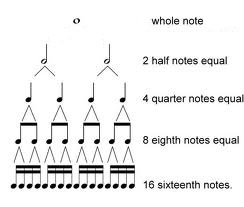
.png)

James Madison and Thomas Jefferson argued against such a power, but President Washington ultimately supported Alexander Hamilton’s plan for the Bank, even though the Framers had rejected bank incorporation as an enumerated power. They also debated what powers might be implied by the grant of the enumerated powers.Ī significant early debate concerned whether Congress could create a Bank of the United States. They assumed no federal power to fund internal improvements, for example. Early Presidents and Congresses took seriously the limited jurisdiction of the federal government. As a more explicit limitation, the Constitution vests Congress only with those legislative powers that are “herein granted.” Unlike state legislatures that enjoy plenary authority, Congress has authority only over the subject matter specified in the Constitution, particularly in Article I, Section 8. But hasty popular measures could be ameliorated or killed in the Senate, whose members served for longer terms and were selected by the state legislatures until enactment of the Seventeenth Amendment.Ģ.

With smaller districts and short terms, the House of Representatives was expected to be responsive to We the People. One strategy was to condition legislation upon the agreement of two differently constituted Chambers. The Vesting Clause embodies two strategies for limiting Congress’s power. Yet they also feared its awesome power and therefore determined to limit that power in order to protect individual liberty. The Framers of the Constitution of 1789 created a powerful national legislature to represent both the People and the States. Article I, Section I establishes several fundamental features of the Congress.ġ. Central to the social compact, this lawmaking institution forms the foundation of the federal government and allows the people’s representatives to act together for the common good. Article I, Section 1 provides: “All legislative Powers herein granted shall be vested in a Congress of the United States, which shall consist of a Senate and a House of Representatives.” The Constitution first vests all federal legislative powers in a representative bicameral Congress.


 0 kommentar(er)
0 kommentar(er)
